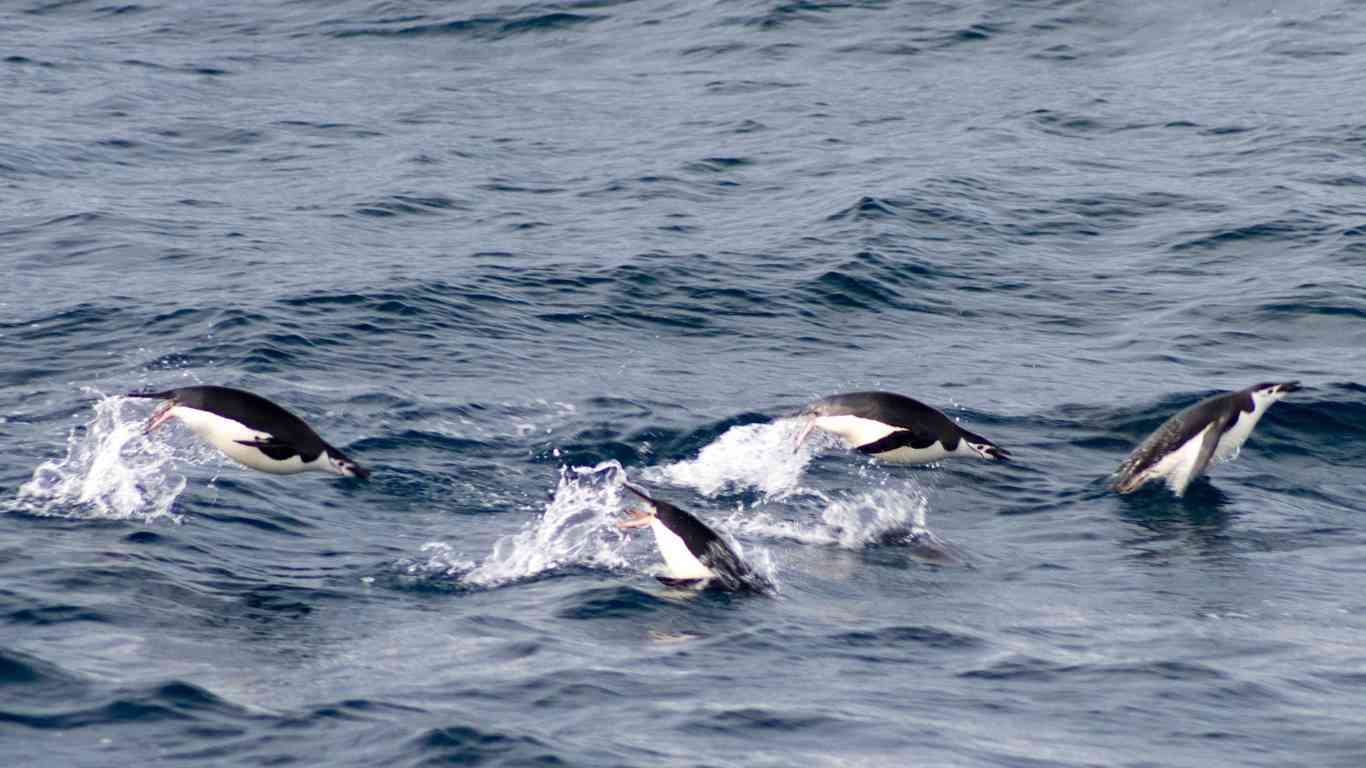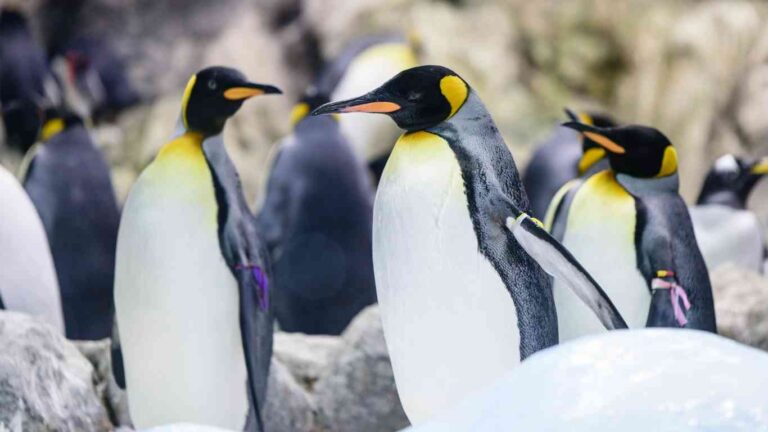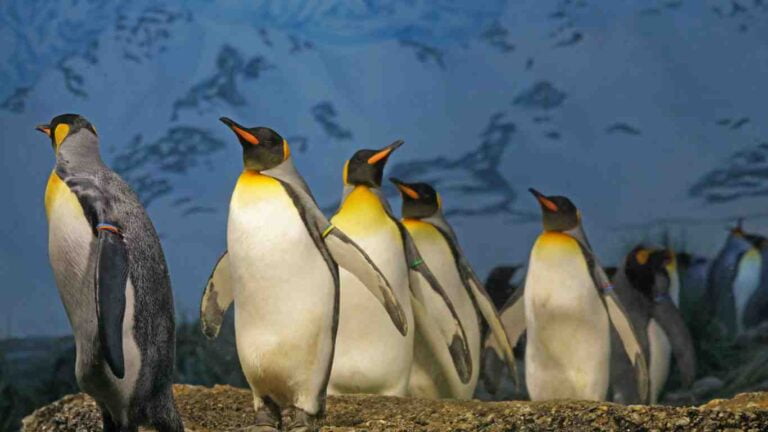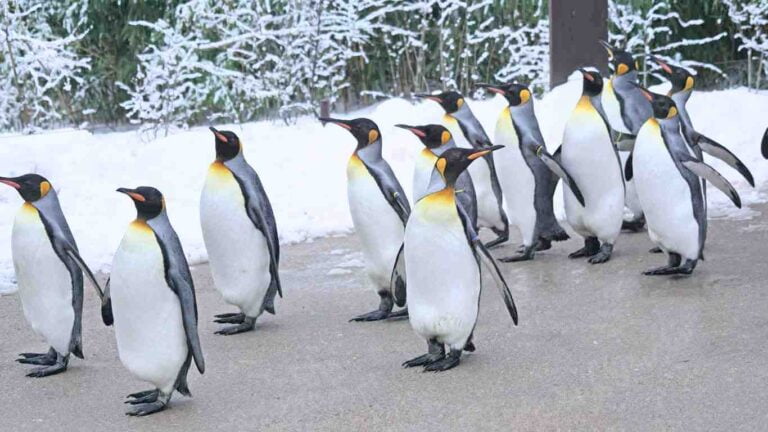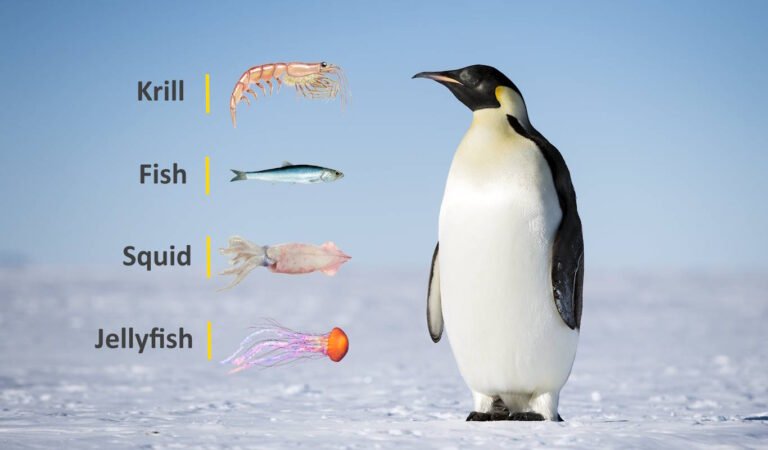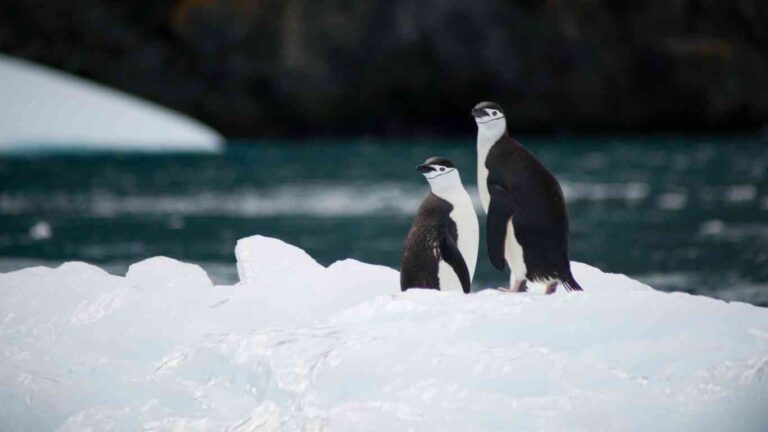Are Penguins Omnivores? (Exploring Their Varied Diets)
Uncover what penguins really feed on as we delve into their underwater realm. Despite their dapper appearance, their eating habits are less commonly known.
We will examine what penguins eat and reveal their food choices. Do they only eat marine animals, or is their diet more varied?
Are Penguins Omnivores?
Penguins are not omnivores, they are carnivores. This means they eat primarily meat, not plants or a combination of both. Their diet consists largely of seafood, which includes fish, squid, and krill.
They hunt for their food underwater, where they are skilled and agile swimmers. Penguins rely on their keen hunting skills to catch their prey, making their diet purely meat-based.
They live in regions where plant-based food is scarce, especially in the icy waters of Antarctica.
Consequently, their digestive systems have evolved to process meat effectively, and they do not consume vegetation as part of their natural feeding habits.
Climate and location significantly influence the diet of different penguin species.
For example, Emperor Penguins mainly dive for fish and squid, while the diet of Adélie Penguins consists mostly of krill. What is striking about penguins is their specialized hunting skills.
They possess keen eyesight to spot prey in the water and can dive up to depths of hundreds of meters.
Although penguins are birds, they do not forage on land for bugs or seeds. Their beaks and digestive systems are not designed to digest plant matter.
Instead, they are perfect for catching and consuming seafood. Each species has a beak shape adapted to the type of prey they commonly seek out.
This adaptation ensures their survival in the often frigid environments they call home.
Extensive research into the feeding patterns of penguins reinforces the idea that they are carnivorous. Observations in both wild and captivity settings show a clear dietary pattern centered around animal protein.
Observers noted that when given the choice, penguins do not show interest in plant-based food items.
Additionally, studies on the penguin’s anatomy reveal that they have a digestive tract tailored to processing high-protein meals from their aquatic diet.
Their strong stomach acid helps them digest hard exoskeletons of the crustaceans they consume.
The nutritional needs of penguins are met through the consumption of seafood. Fish, krill, and squid offer ample protein and essential fatty acids like omega-3.
These nutrients are vital for their health, including maintaining their waterproof plumage, affording them insulation against cold temperatures, and providing energy for swimming long distances.
It’s worth noting that while penguins primarily consume marine animals, they may occasionally ingest small amounts of seaweed or other plant material inadvertently when catching prey.
This incidental uptake does not classify them as omnivores, as plant matter is neither a intentional nor substantial part of their diet.
Ending Summary
In summary, the categorization of penguins’ diet points strongly to them being carnivores not omnivores.
They have developed hunting strategies, anatomical adaptations, and a dependency on a diet of animal protein that distinguishes their eating habits from omnivorous creatures.
(Featured image by Torsten Dederichs on Unsplash)

